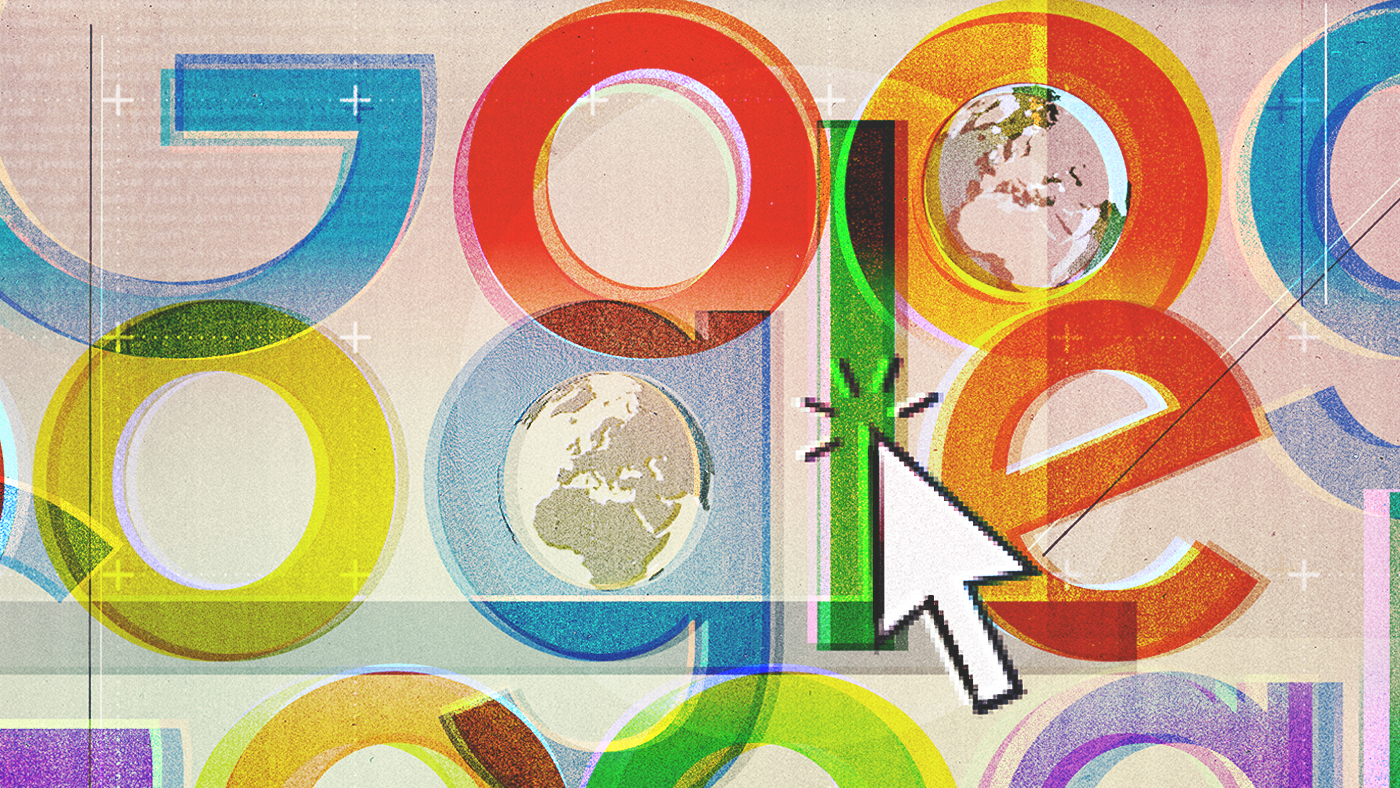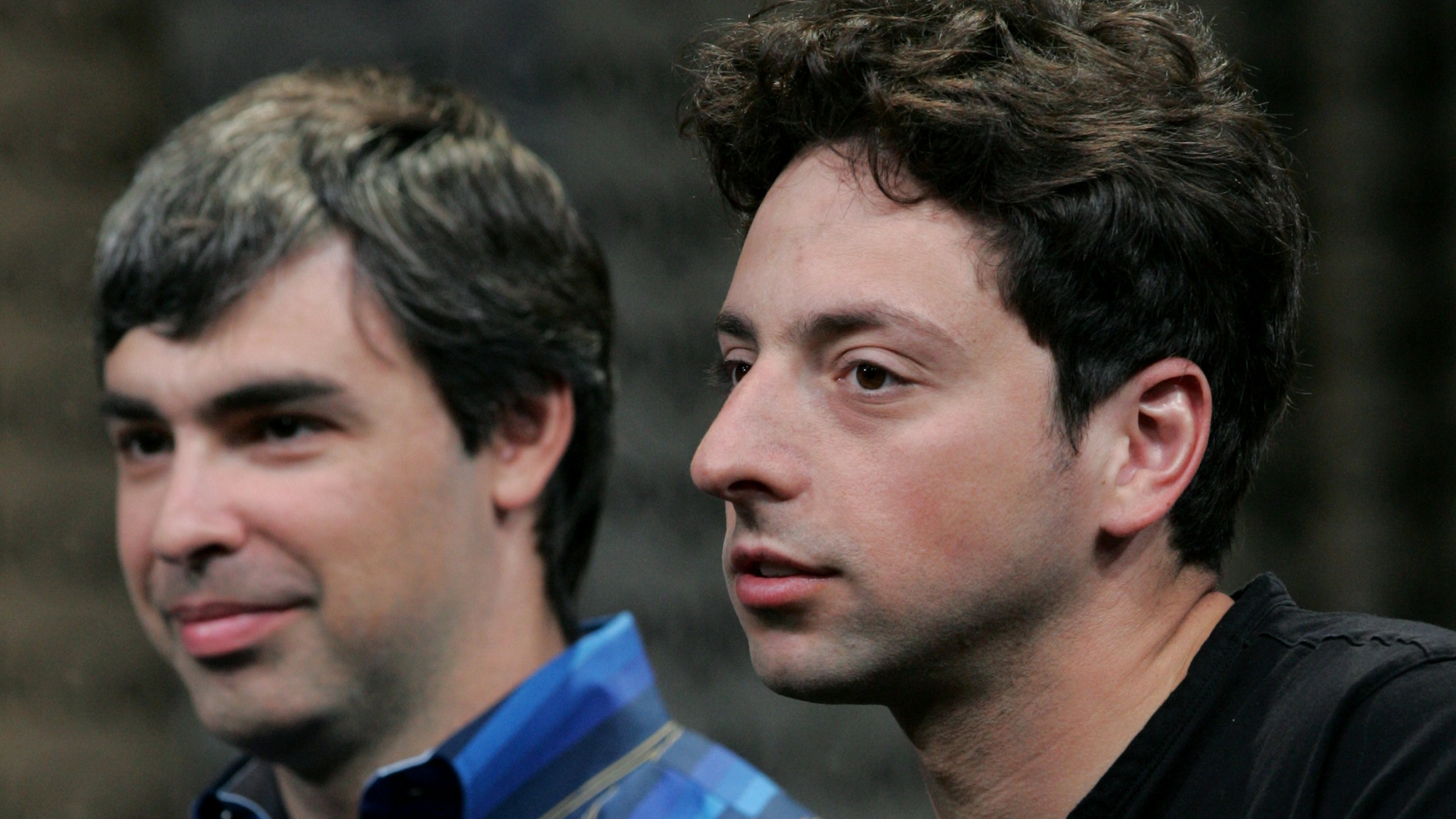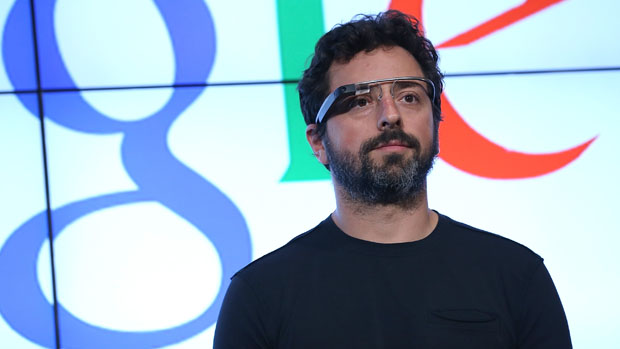How Google altered the world
The search engine is scrambling to stay ahead as 25th anniversary celebrations get under way

A free daily email with the biggest news stories of the day – and the best features from TheWeek.com
You are now subscribed
Your newsletter sign-up was successful
Google has kicked off a month of celebrations to mark the search engine’s founding a quarter of a century ago.
The company “lived for its first few months in the garage” of then future YouTube boss Susan Wojcicki, said the BBC’s technology editor Zoe Kleinman, but quickly expanded to touch “pretty much every area of tech”.
Yet as Google celebrates its official birthday, on 27 September, the tech giant is battling to stay ahead in a landscape that has “changed dramatically”, Kleinman added. And “some say it has already fallen behind” in the AI race.
The Week
Escape your echo chamber. Get the facts behind the news, plus analysis from multiple perspectives.

Sign up for The Week's Free Newsletters
From our morning news briefing to a weekly Good News Newsletter, get the best of The Week delivered directly to your inbox.
From our morning news briefing to a weekly Good News Newsletter, get the best of The Week delivered directly to your inbox.
Who created Google?
“Computer whizzes” Larry Page and Sergey Brin were both doctoral students at California’s Stanford University when they “dreamt up” the search engine in 1996, said Sky News technology reporter Tom Acres. Working from their dorm rooms, they developed an algorithm, called PageRank, that listed sites based on the number of others that linked to them.
Two years later, their research project attracted the attention of investor Andy Bechtolsheim, “who wrote them a $100,000 cheque”, Acres continued. The two students “used the cash to start an office in the California garage of their friend” Wojcicki.
Their founding mission was “pretty simple”, said NPR. In a 2003 interview, Page explained that “we want to provide information to people”.
The name of the resulting search engine was initially BackRub, before being changed to Google, derived from “googol” – the mathematical term for the number 1 followed by 100 zeroes. This choice “reflects the founders’ intention to organise large amounts of information”, according to Al Jazeera.
A free daily email with the biggest news stories of the day – and the best features from TheWeek.com
Google would go on to “become an integral part of our daily lives”, the news site said, “shaping” how we “search, communicate and interact with information online”.
Was Google the first search engine?
The web had “taken off” by the mid-1990s, wrote Steven Vaughan-Nichols for ZD.net, and “people realised we needed ways to search through it”. While the “internet’s ancestor” ARPANET was still in use, “our search tools were, well, awful”.
Network programmes such as Nasa Recon, Dialog and OCLC were initially used for online research, and were followed by the likes of Archie, Gopher and the Wide Area Information Service (WAIS) “as the internet matured”. But after the web emerged, users wanted “better and easier-to-use tools”, Vaughan-Nichols recalled.
The “first to gain popularity” was that now known as Yahoo, but it “wasn’t a search engine per se” but rather a directory to the internet. The “first true search engine” was the “obscure, academic” JumpStation, in 1993.
Rivals quickly emerged, including Infoseek, WebCrawler and Lycos. Then came AltaVista in 1995 and “everything changed”. The “first dominant search engine”, AltaVista enjoyed a “brief heyday” up to 1997, but was “cursed” by poor management and ownership changes.
The creation of the PageRank algorithm, meanwhile, “started Google on its way to dominating other search engines of its day”.
When did Google expand beyond search?
After Jennifer Lopez wore a green Versace dress to the Grammy Awards in 2000, “people couldn’t get enough of it online”, said TechRound. Google’s former CEO Eric Schmidt has confirmed “the immense online curiosity” led to the company creating Google Images.
The move that illustrates how Google “responds quickly to what internet users want”, the tech news site added.
In the following years, Google “expanded into an entire internet ecosystem”, said NPR. Gmail was launched in 2004, and Google Maps and Android in 2005. Google Workspace, Google Translate “and so much more” followed, including YouTube, which was acquired by Google in 2006. That same year, the Oxford Dictionary added “google” as a verb referring to searching for information on the internet, regardless of the search engine used.
Can Google win the AI race?
Google has “diversified into pretty much every area of tech”, said the BBC’s Kleinman, and “spawned (and acquired) hundreds of products and services”. But “not all of them have worked out”.
Open-source website Killed by Google lists 288 retired projects. Such failures have fuelled questions about whether Google “can maintain its omnipresence in the rapidly evolving world of artificial intelligence”, Kleinman wrote.
In a memo leaked earlier this year, a Google engineer suggested that the firm had “no AI ‘secret sauce’” and was not on track to win the race.
OpenAI’s ChatGPT has been “dubbed the ‘Google killer’ because of the way it can answer a question in one go”, said Kleinman. Google’s rival Bard “had nowhere near the same impact”.
That said, Google “has certainly not given up”, she added. The company announced 25 new AI products in its I/O developer conference in May, and has claimed to be “at the forefront of advancing the frontier of AI”.
This technology “is becoming integral to Google’s business model”, said Acres on Sky News, and is being included into everything from Gmail to Docs. Whatever happens next, “it’s clear Bard – and AI – will be key”.
Keumars Afifi-Sabet is a freelance writer at The Week Digital, and is the technology editor on Live Science, another Future Publishing brand. He was previously features editor with ITPro, where he commissioned and published in-depth articles around a variety of areas including AI, cloud computing and cybersecurity. As a writer, he specialises in technology and current affairs. In addition to The Week Digital, he contributes to Computeractive and TechRadar, among other publications.
-
 Quiz of The Week: 14 – 20 February
Quiz of The Week: 14 – 20 FebruaryQuiz Have you been paying attention to The Week’s news?
-
 The Week Unwrapped: Do the Freemasons have too much sway in the police force?
The Week Unwrapped: Do the Freemasons have too much sway in the police force?Podcast Plus, what does the growing popularity of prediction markets mean for the future? And why are UK film and TV workers struggling?
-
 Properties of the week: pretty thatched cottages
Properties of the week: pretty thatched cottagesThe Week Recommends Featuring homes in West Sussex, Dorset and Suffolk
-
 Why Google’s co-founders are taking a step back
Why Google’s co-founders are taking a step backSpeed Read Larry Page and Sergey Brin quitting day-to-day management of parent company Alphabet
-
 Sergey Brin ridiculed for saying mobile phones 'emasculating'
Sergey Brin ridiculed for saying mobile phones 'emasculating'In Depth But how can the 'geek' behind Google's Android OS tell people what is manly and what isn't?